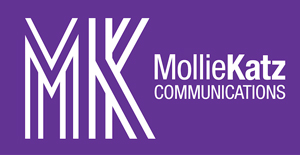Milo, a bored 10-year-old, sets off in a toy car in the novel “The Phantom Tollbooth,” adventuring through an imaginary world. Soon he arrives at a place on his map called Expectations. “Expectations,” he is told there, “is the place you must always go to before you get to where you’re going.”
As professionals, we “pass through expectations” all the time as we respond to changing circumstances around us. Political environments shift. New business conditions bring opportunities and hurdles. Technology keeps reshaping how we work.
Such scenarios create turning points large and small. Are you making the most of these turning points to shape expectations that will get you where you’re going?
Stay Alert
It may not be hard to spot shifting circumstances in your work life. However, staying alert to the process of forming your expectations can be harder. So when you identify a new situation in your path, slow down and proceed with caution.
Many factors may lead you to breeze right past expectations. Your experience may quickly convince you that you know what will happen. But that’s your theory, not hard fact. Existing demands in your job may already be large. Adapting may feel like a burden. Setting that aside, though, could you imagine some benefits that could come from meeting the new challenge?
The expectations you set can influence how well you reach new goals. And if you’re a leader in your organization, the expectations you set may impact not just your experience, but also your team’s.
Molding Expectations
Give yourself some time to think carefully before moving ahead. If expectations is a place you must pass through, as in “The Phantom Tollbooth,” use your visit there wisely.
Frankly ask yourself: Are you open-minded or skeptical about what’s ahead? Energetic, or exhausted? Do you think working differently will be worth it? Are you bold enough to find out if these opinions are right or wrong? Either way, are you open to using lessons learned to work smarter?
The expectations you set are a choice. Resolve to leave your comfort zone for a while so you can form productive expectations. Be honest about hesitations you may have. Welcome new experiences, trusting yourself to use your strengths to cope with what’s to come.
Then, put your expectations into deliberate action so your co-workers can detect your outlook. Let your team absorb another lesson Milo learned while passing through Expectations: “So many things are possible just as long as you don’t know they’re impossible.”


